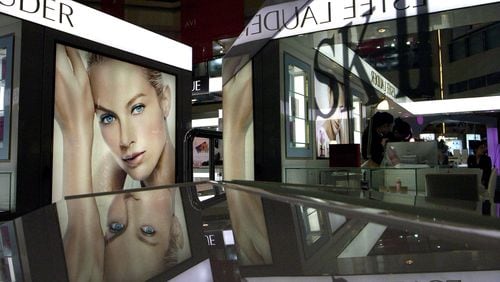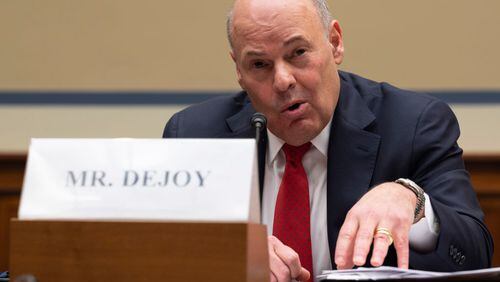America is still a youth obsessed culture, but that may be changing...slowly.
Thousands of women around the country (and the globe) are asking two major cosmetics firms L'Oreal and Estee Lauder to stop using the term "anti-aging" on product packaging and in their marketing.
The campaign, on Care2.com , the social network and pioneer of online advocacy, was launched by Julie M. after Allure magazine announced last week that the publication would no longer be using the term.
"We need to stop the anti-aging bias. Aging is perfectly okay! It's a beautiful thing to be here on this earth, and with every passing day we gain beauty, experience, wisdom, and appreciation for life. This is why we need to start celebrating, not fighting, aging," the petition reads.
On Tuesday morning, the petition was just a few signatures short of its stated 12,000 goal with supporters from across the U.S. and outside of the country.
L’Oreal is the world’s largest cosmetics company while Estee Lauder is parent company of many well-known beauty brands including M.A.C, Clinique, and La Mer. The companies both have products that use the term "anti-aging" on the packaging and in advertising.
Michelle Lee, Editor-in-Chief of Allure had also issued a challenge to beauty companies to make these changes. The term "anti-aging" she argued is reinforcement that aging is something women have to fight.
"Language matters. When talking about a woman over, say, 40, people tend to add qualifiers: “She looks great...for her age” or “She’s beautiful...for an older woman,” wrote Lee in a blog post on the topic. "Catch yourself next time and consider what would happen if you just said, 'She looks great.'"
About the Author







